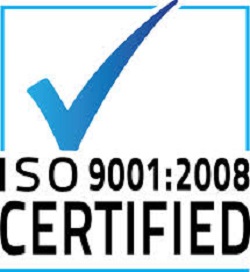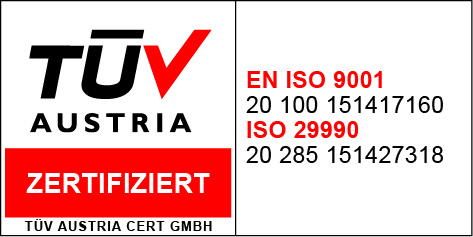


Mutual funds are different. When you buy and hold mutual fund shares, you will owe income tax on any ordinary dividends in the year you receive or reinvest them. And, in addition to owing taxes on any personal capital gains when you sell your shares, you may also have to pay taxes each year on the fund's capital gains. That's because the law requires mutual funds to distribute capital gains to shareholders if they sell securities for a profit that can't be offset by a loss.
Bear in mind that if you receive a capital gains distribution, you will likely owe taxes — even if the fund has had a negative return from the point during the year when you purchased your shares. For this reason, you should call the fund to find out when it makes distributions so you won't pay more than your fair share of taxes. Some funds post that information on their websites. SEC rules require mutual funds to disclose in their prospectuses after-tax returns. In calculating after-tax returns, mutual funds must use standardized formulas similar to the ones used to calculate before-tax average annual total returns. You'll find a fund's after-tax returns in the "Risk/Return Summary" section of the prospectus. When comparing funds, be sure to take taxes into account. Avoiding Common PitfallsIf you decide to invest in mutual funds, be sure to obtain as much information about the fund before you invest. And don't make assumptions about the soundness of the fund based solely on its past performance or its name. Sources of Information - ProspectusWhen you purchase shares of a mutual fund, the fund must provide you with a prospectus. But you can — and should — request and read a fund's prospectus before you invest. The prospectus is the fund's selling document and contains valuable information, such as the fund's investment objectives or goals, principal strategies for achieving those goals, principal risks of investing in the fund, fees and expenses, and past performance. The prospectus also identifies the fund's managers and advisers and describes how to purchase and redeem fund shares. While they may seem daunting at first, mutual fund prospectuses contain a treasure trove of valuable information. The SEC requires funds to include specific categories of information in their prospectuses and to present key data (such as fees and past performance) in a standard format so that investors can more easily compare different funds. Here's some of what you'll find in mutual fund prospectuses:
| ||||||||||||||








